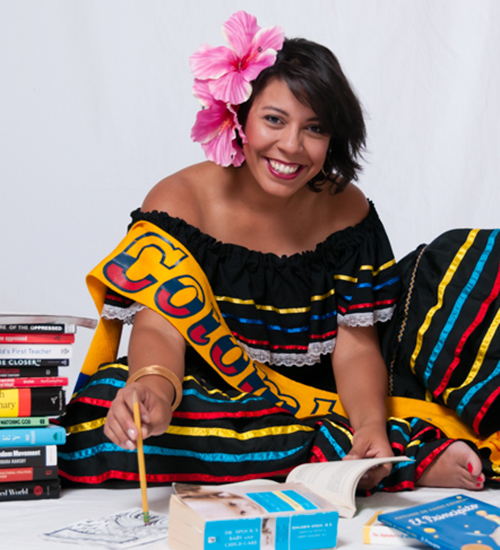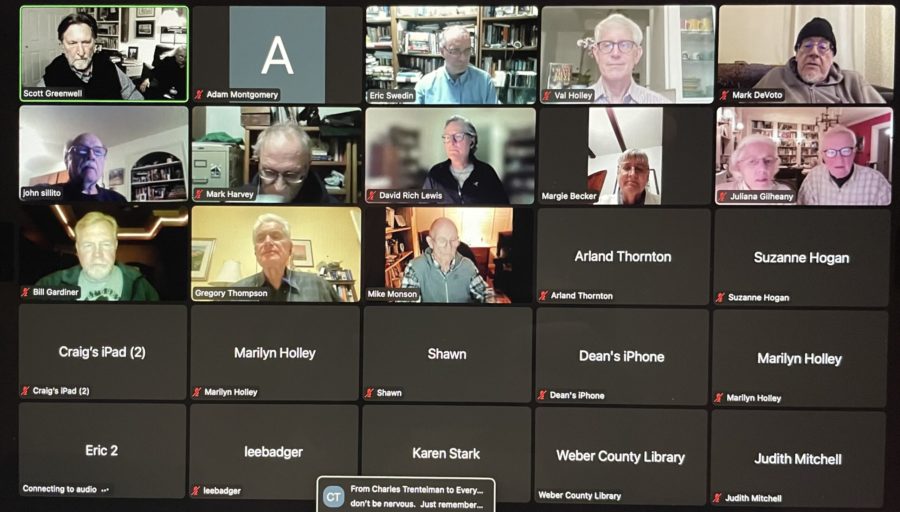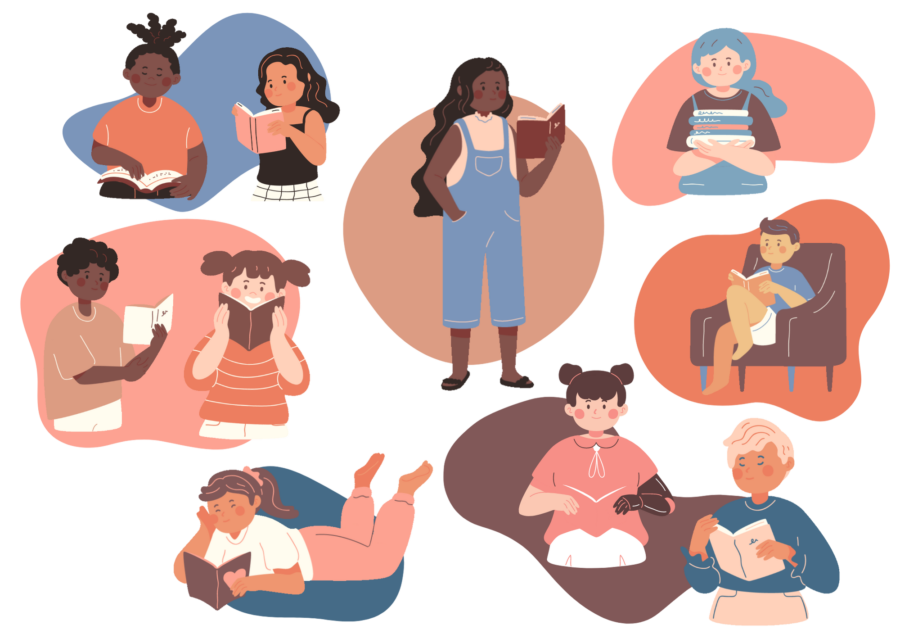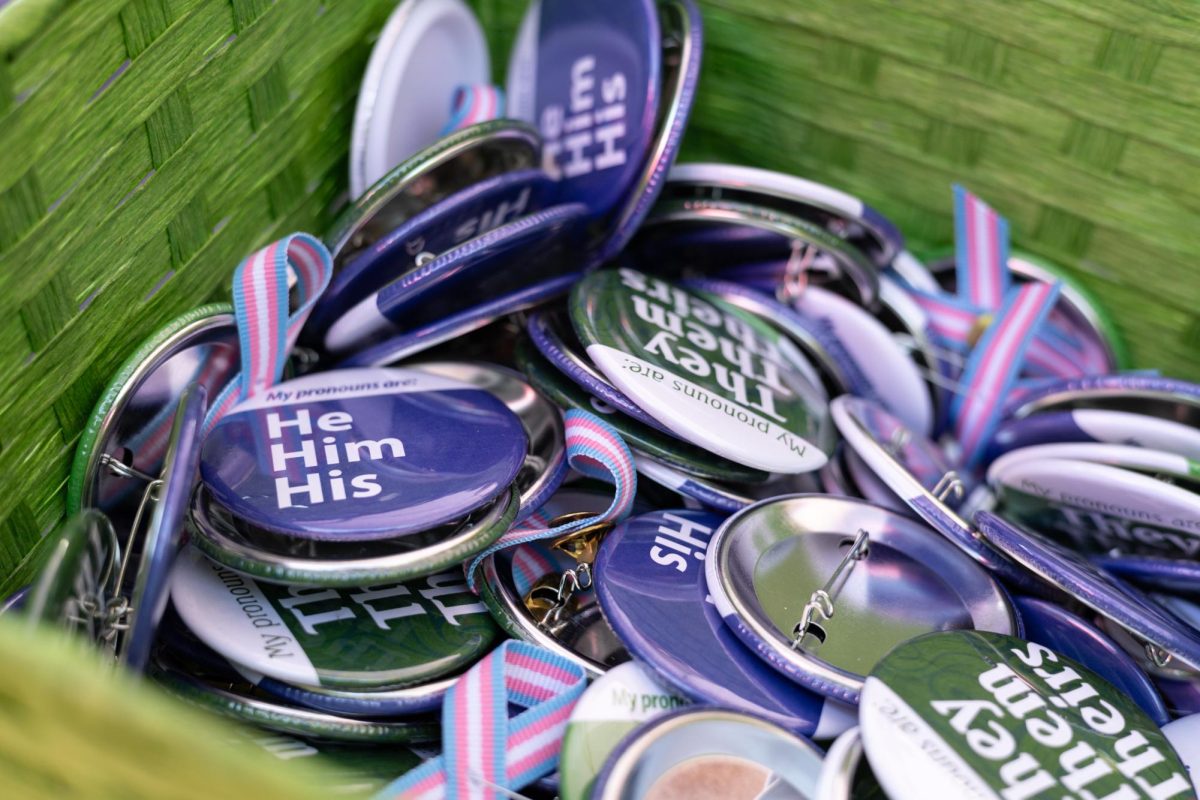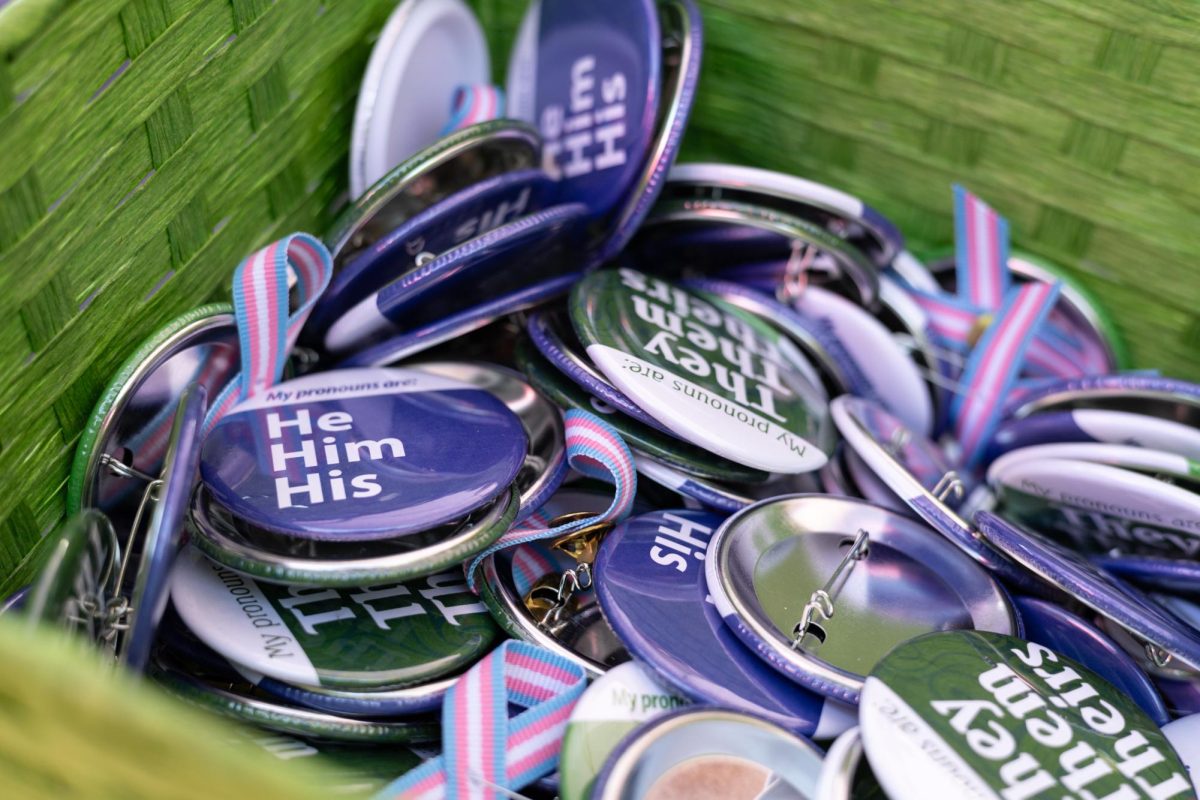Along with the rest of the world, I went and saw what I think can safely be called the movie of the year — because all the other big movie events of the year are sequels to the movies of other years — at midnight on Thursday. I don’t think I even need to tell you the name of it, do I?
Though I’ll try to refrain from spoiling anything for the people who haven’t seen it yet, I will say that fans of the book won’t be disappointed, particularly with the all-around perfect casting. The one complaint I have as a fan of the book is that, to earn a PG-13 rating and therefore get more money from more people, the violence was so watered down that it felt like it had been omitted altogether. When anyone died, the camera either shook to the point of a blur or completely shied away. While I certainly don’t love watching violence, especially against children, for some stories it is essential if they’re going to make their point. The Hunger Games wasn’t written to be a palatable family blockbuster; it should leave you feeling invigorated, exhausted, disturbed and sick to your stomach in equal measures. In this sense, the film is better as a mass-appeal adaptation than it is as artwork, but I digress. What I really want to talk about is the social significance of that mass appeal.
If you haven’t read the books or seen trailers for the film, you might not even know or care that the protagonist of this record-smashing blockbuster that everyone and their hamster is going to see is a 16-year-old girl. You might be vaguely aware of it, but it probably doesn’t define your perception of the film. It has never been primarily marketed as a “girl power” story. And that is exactly how it should be. It’s the biggest and most important thing The Hunger Games has done right.
Let’s get one thing straight: The problem with the portrayal of women in mainstream film is not that they aren’t shown in a flattering enough light. Hollywood seems to think the female demographic will be appeased as long as they make clear that the female character is the smartest, bravest, most special, hottest (especially hottest, that can’t be emphasized enough) and most all-around perfect in the bunch, the rest of which will probably be a diverse gaggle of males with other defining traits besides maleness, hotness and awesomeness.
Yeah, that’s not what we want.
A good determinant of how honestly and fairly a film portrays women is the Bechdel Test, coined by comic-strip creator Alison Bechdel. To pass the test, a film must have (a) at least two female characters, (b) who have at least one conversation with each other, that is (c) not about a man. You’d be surprised how few blockbusters meet these simple criteria. Notice there’s nothing in the criteria about how tough, smart or desirable the women are, because that has nothing to do with a fair and honest characterization. Female audiences don’t care how flatteringly the female characters are portrayed; we care about being recognized as three-dimensional human beings who make up half the world’s population, not special snowflakes or a glamorous token minority.
In this, The Hunger Games succeeds: There are as many female Tributes as there are males, and Katniss has conversations with them, her sister and her mother about far bigger things than her love life. However, the astronomical success and broad appeal of The Hunger Games is the bigger achievement in that the gender of its protagonist is not really a factor either way. The story is not Mulan or Yentl, in which the protagonist’s femaleness and perceived inequality with men is the whole premise of the story.
To be clear, those stories are great and need to be told, but they’re not the only ones. Hunger Games author Suzanne Collins is not a perfect writer, but one of her best achievements is how well she struck that delicate balance between not making Katniss’ gender the focus of the story but not pretending it doesn’t exist either. Katniss is a killer shot with an arrow and can make life-saving decisions, but she can still appreciate a gorgeous dress or a good kiss as much as the next girl. She can stoically shoot and gut a deer to feed her family, but can cry or seek comfort when she’s afraid. She can get dirty, but still feels proud when she knows she looks pretty. Oh, and she can run through the woods without the camera zooming in on her hot, tightly clad bod — a cinematic slip-up that has kept so many female action heroes under the glass ceiling. She’s just a young woman — or rather, just a person — who is thrown into some harrowing situations and emerges victorious with some skill, some help and some luck.
For all of the dystopian horror of Panem, I have to give it credit for one thing: Gender truly is just not an issue in their world. Too bad it’s so, you know, horrific and barbaric, or it’d be a great time and place to be alive.


